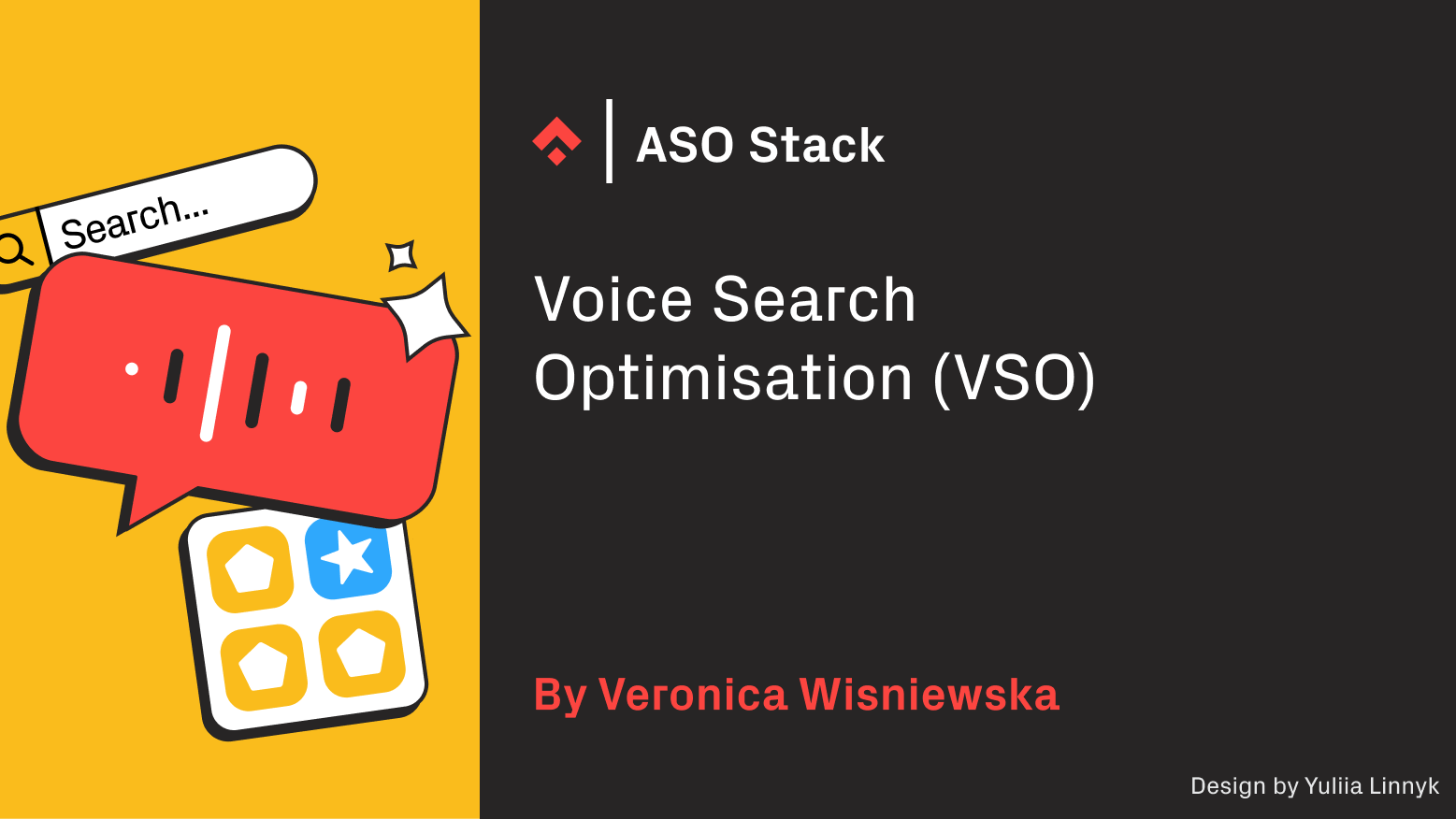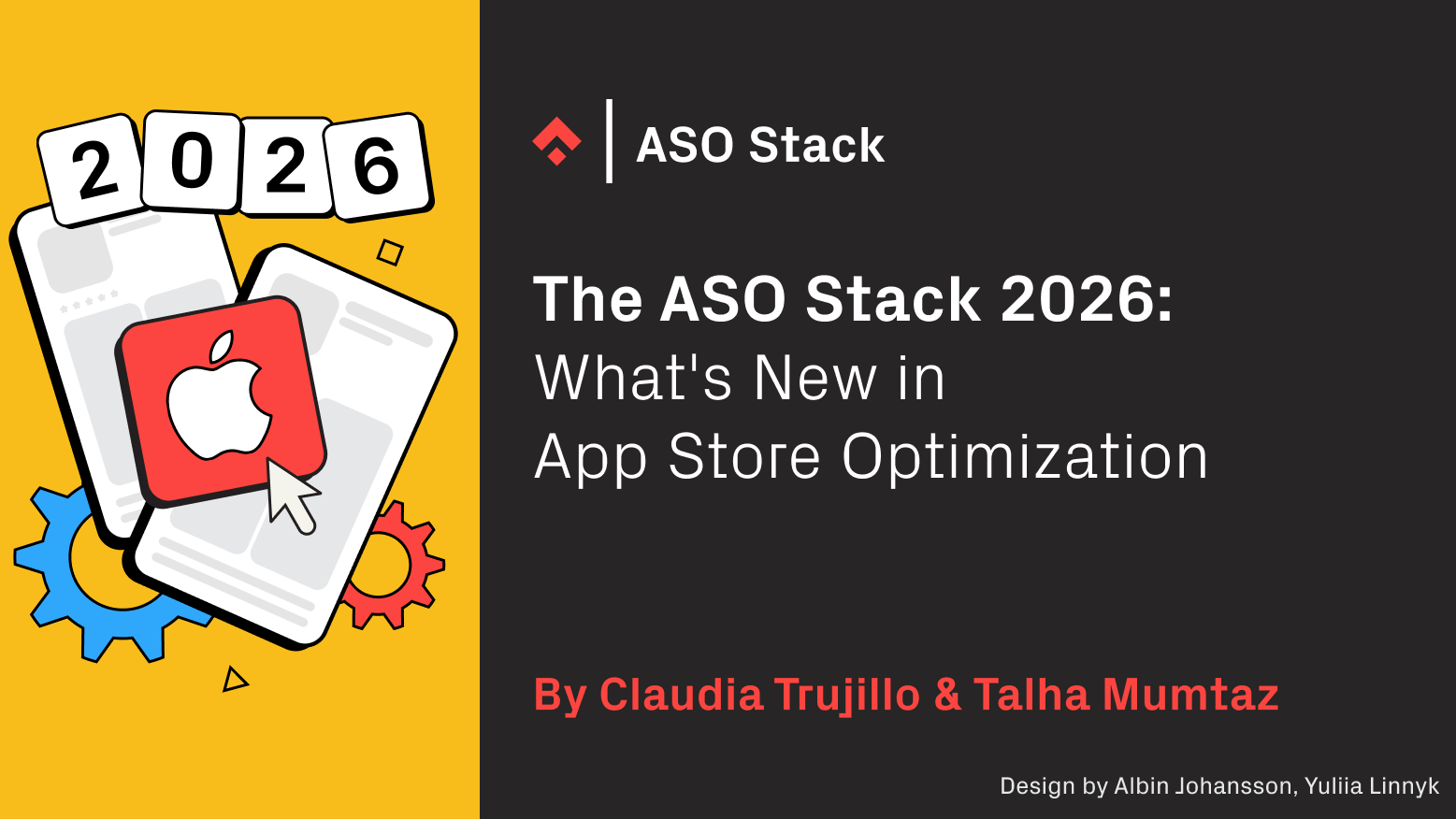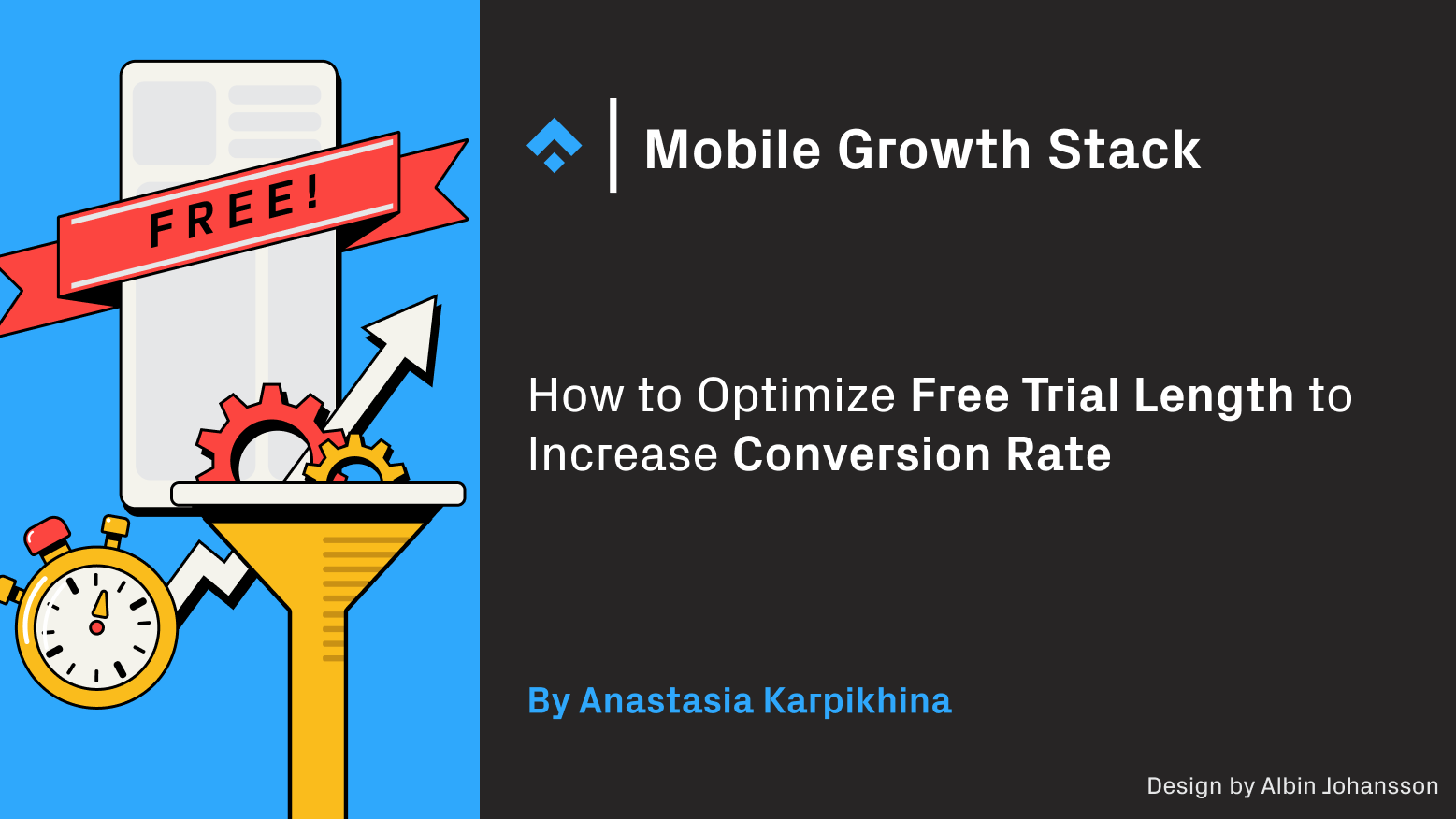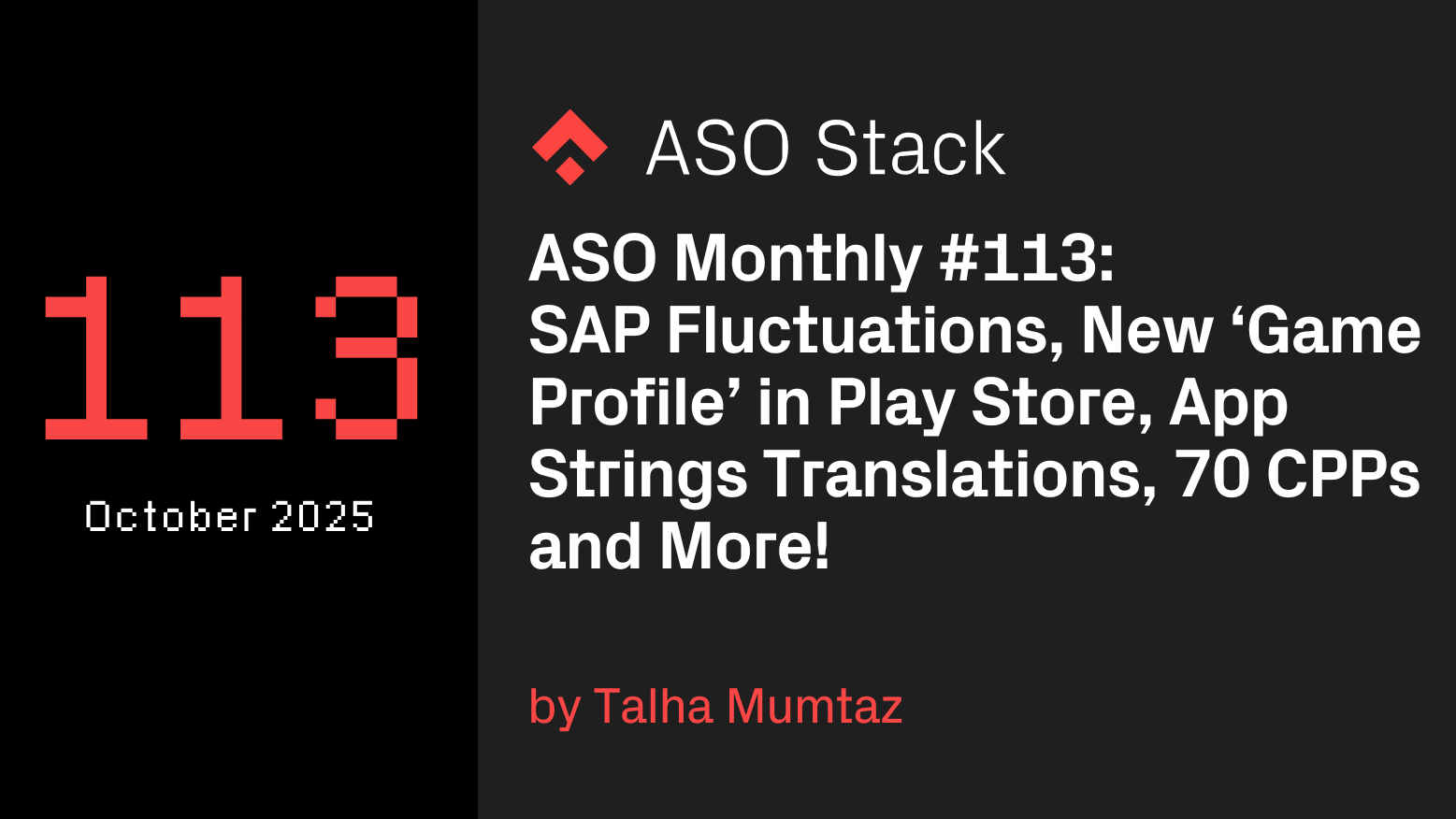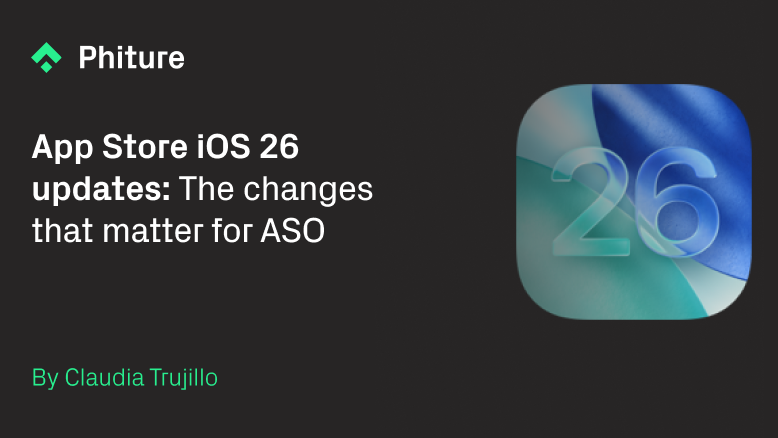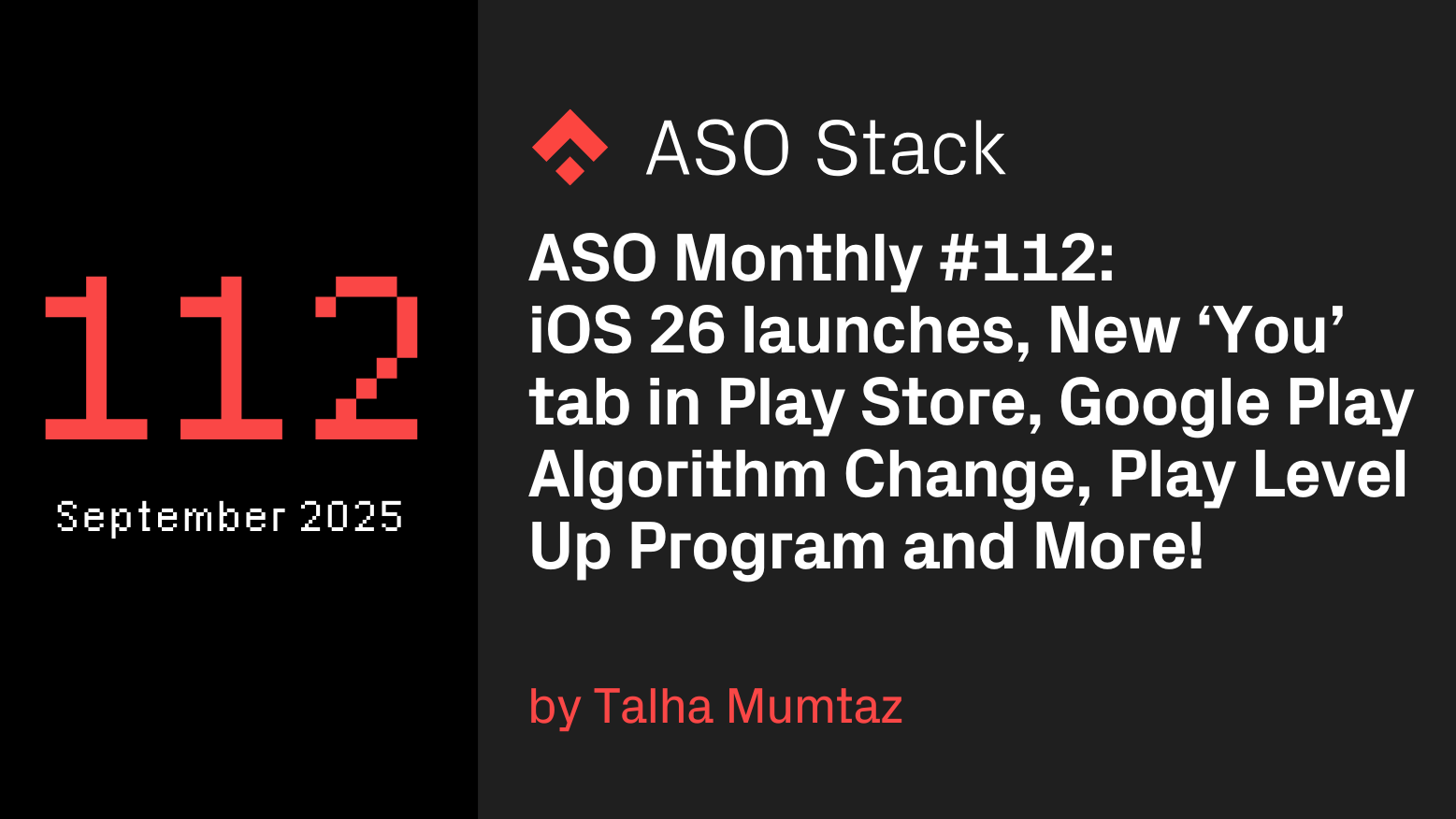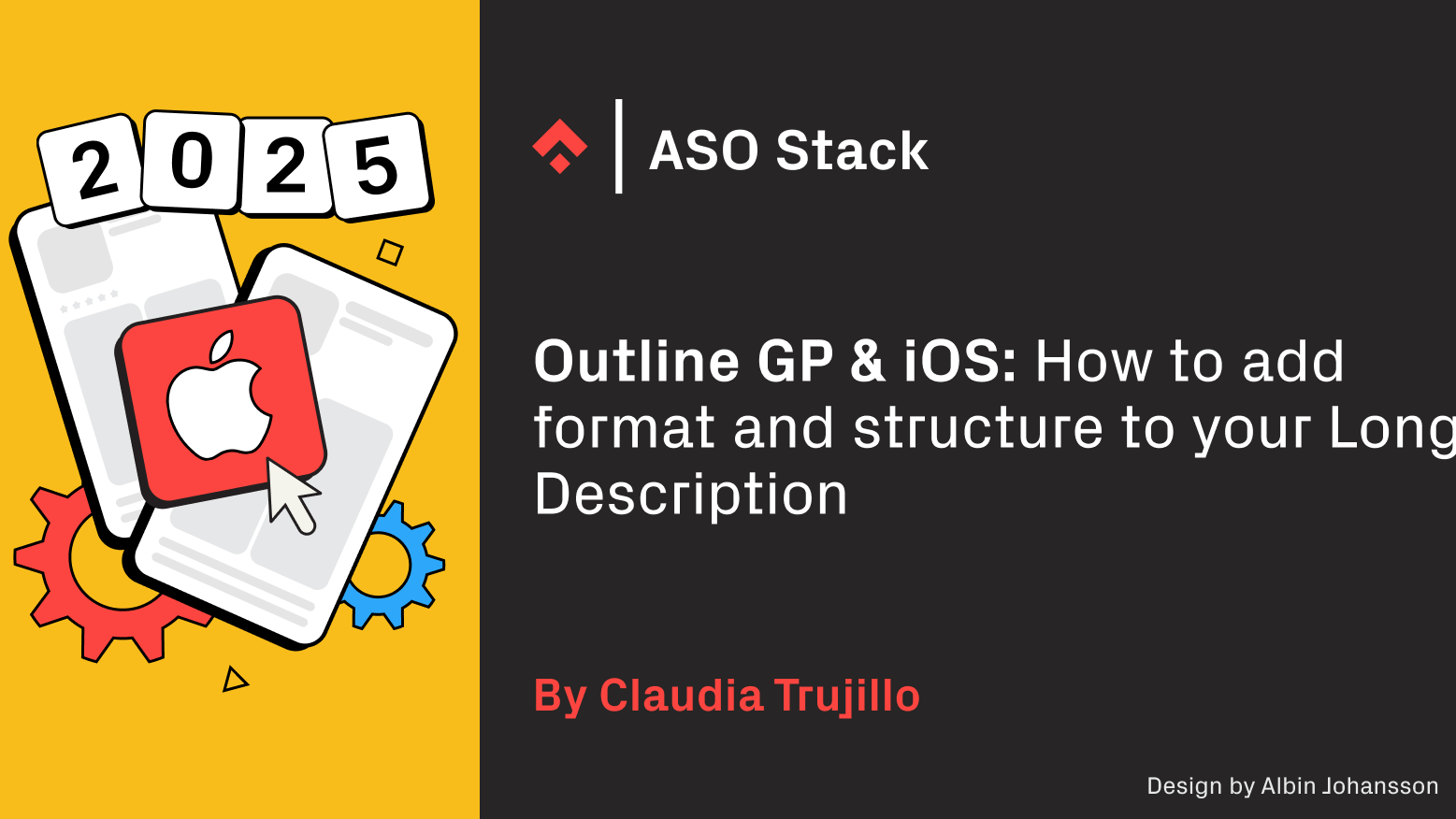At WWDC 2025 that we covered here, Apple quietly introduced a keyword feature for Custom Product Pages (CPPs) in App Store Connect.
This update opens new opportunities for App Store Optimization (ASO) and Apple Search Ads (ASA), allowing marketers to align specific product pages with search terms more directly than before.
What Are Custom Product Pages?
Custom Product Pages (CPPs) allow developers to create up to 35 alternative versions of their App Store product page, which can be used through Apple Ads, paid media ad networks, or other channels outside the App Store.
Each CPP can feature unique screenshots, preview videos, and promotional text, making it a powerful tool for:
- Highlighting specific features
- Aligning pages with ad or PR campaigns
- Targeting different audiences or seasonal offers
With this new keyword-based functionality, CPPs now go beyond creative targeting — they can potentially influence organic search visibility and conversion in the app store, without the need of paid investment.
How Keyword-Based CPPs Work
Here’s how the new feature functions in App Store Connect today:
- Keywords are localization-aware – you can tailor sets for each market.
- Apple suggests keywords based on your existing Keywords Field for each localization..
- You can only select keywords — custom keyword entry isn’t supported.
- Unique keyword sets per CPP are recommended to help Apple serve the most relevant page to users.
Currently, the CPP interface allows both keyword updates and creative changes.
The behavior when creating a new CPP stays the same as before: If you want to launch a new visual version of a CPP, only the visuals from the default language are automatically fetched; you need to re-upload assets on all the other localizations.
Key Unknowns for ASO Teams
While the feature is live, several questions remain for App Store optimization experts:
- Indexing behavior – Will CPP keywords generate long-tail combinations like the main listing does?
- Cross-language impact – Will keywords in one locale (e.g., English UK) influence rankings in another (e.g., German)?
- Competition dynamics – Will CPPs compete with your main store listing for the same keywords until Apple’s algorithm identifies the top-performing page?
- Impact on PPO and organic traffic – Will organic traffic now be split between main store listings and CPPs, and how will that affect Product Page Optimization (PPO) experiments?
- External traffic effect – If CPPs are linked in email campaigns or external channels, how will adding keyword targeting affect the traffic those pages currently receive?
Technical Limitations
Teams testing keyword-based CPPs should be aware of current limitations:
- Keyword selection only – No visual edits are possible without creating a new CPP.
- Full asset re-upload is required to create new CPPs.
- No manual keyword entry – Selection is limited to Apple-suggested terms.
Early Testing Approach
Our ASO team is running structured experiments to understand the impact of this new feature:
- Baseline testing – Launch CPPs with Apple-suggested keywords, measure traffic and conversion performance.
- Incremental modifications – Update assets and keyword sets to observe conversion and visibility shifts.
- Reusing inactive CPPs – Recycle unused pages to test keyword-targeted variations efficiently.
- Traffic monitoring – Watch for organic traffic redistribution, ASA performance changes, and effects on PPO reach.
Our team is also exploring hypotheses such as:
- Indexing Parity Hypothesis – CPP keywords may behave like main listing keywords and generate long-tail visibility.
- Traffic Redistribution Hypothesis – Keyword-targeted CPPs could divert traffic from the main listing.
- Algorithm Learning Hypothesis – Apple may run initial competition between CPPs and main listings to identify which page converts best.
Conclusion
Keyword-based CPPs represent a significant expansion of Apple’s ASO toolkit.
They offer the potential to make product pages more relevant to user intent, improve conversion, and support targeted acquisition campaigns.
However, with indexing behavior, cross-language effects, and traffic dynamics still unclear, structured testing is key.
We’ll continue to analyze performance across clients and share our early results and best practices on the ASO Stack Blog as this feature evolves.
FAQ: Keyword-Based Custom Product Pages (CPPs)
1. What are keyword-based Custom Product Pages (CPPs)?
Keyword-based CPPs are an enhancement to Apple’s Custom Product Pages that allows developers to associate specific keywords with alternative product pages in App Store Connect. These keywords are suggested by Apple and can be selected per localization to make pages more relevant to user searches.
2. Can I enter my own keywords for CPPs?
No. Keywords can only be selected from Apple’s suggestions. Manual entry is currently not supported.
3. How many Custom Product Pages can I create?
Developers can create up to 35 CPPs per app, each with unique screenshots, preview videos, and promotional text.
4. Can keyword-based CPPs increase organic visibility without Apple Search Ads?
It’s unclear if CPPs generate organic visibility or long-tail indexing comparable to the main listing. Ongoing testing will clarify how these keywords interact with search rankings.
5. Do keyword-based CPPs compete with the main product page?
Possibly. There may be a competition period until Apple’s algorithm determines which page converts better for a given search. This is an open question for ASO experts.
6. Are CPP keywords localized?
Yes. Keywords can be selected per localization, allowing region-specific targeting.
However, cross-language indexing (e.g., English keywords affecting German ranking) is still unconfirmed.
7. Can I update visuals without creating a new CPP?
No. The current interface only allows keyword updates. To change visuals, you need to re-upload all assets as a new CPP.
Table of Contents



